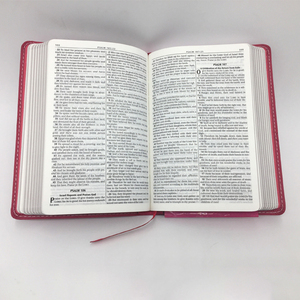Introduction to Christian Music Classics
Christian music classics hold a significant place within the vast genre of religious music, resonating with believers and musicians alike. This timeless category encompasses a variety of styles and forms, often blending traditional hymns with modern interpretations. These pieces not only uplift the spirits of individuals but also serve as a fundamental component in communal worship settings. Developers and producers of Christian music classics focus on crafting melodies that echo faith, hope, and inspiration, bridging gaps across generations.
Types of Christian Music Classics
Christian music classics can be categorized into various distinct types, each showcasing unique elements and influences. Understanding these types can enhance one's appreciation for the breadth of the genre.
- Traditional Hymns: Often sung in churches, these songs have historical roots and are frequently attributed to iconic composers.
- Contemporary Christian Music (CCM): Melding modern music styles with Christian themes, these songs resonate with today's audience while maintaining core spiritual messages.
- Gospel: Characterized by its emotive delivery and rich instrumentation, gospel music often serves as a powerful method of worship.
- Worship Music: Typically performed during church services, this style is designed to facilitate direct connection between worshippers and the divine.
- Christian Pop: A modern twist on traditional themes, this genre incorporates pop elements, making it accessible to a broader audience.
Applications of Christian Music Classics
The diverse applications of Christian music classics highlight their relevance and versatility in various settings. From personal enjoyment to communal gatherings, their benefits are far-reaching.
- Worship Services: Classic Christian songs are integral to enhancing worship experiences, fostering an environment of praise and reflection.
- Personal Reflection: Listening to Christian classics can serve as a source of comfort and inspiration, providing solace during times of distress.
- Community Events: These songs often feature in concerts, prayer meetings, and fellowship gatherings, uniting people through shared faith.
- Education: Many educational institutions incorporate Christian classics in music programs, teaching students both musical skills and spiritual values.
- Home Listening: These timeless tunes create a spiritually enriching atmosphere at home, fitting for both quiet reflection and lively family gatherings.
Features and Advantages of Christian Music Classics
One of the most striking characteristics of Christian music classics is their profound ability to resonate emotionally and spiritually with audiences. The following features and advantages contribute to their lasting appeal:
- Timeless Melodies: The melodies in Christian classics often feature simple yet profound compositions that linger in listeners’ minds.
- Meaningful Lyrics: Deeply rooted in scripture and spiritual themes, the lyrics encourage reflection and often provide encouragement during challenging times.
- Cultural Heritage: Many pieces are steeped in a rich historical context, allowing listeners to connect with a long-standing tradition of faith through music.
- Emotional Impact: The power of music can evoke strong emotions, making Christian classics an effective medium for expressing joy, sadness, and worship.
- Community Building: Singing Christian classics together fosters a sense of belonging and unity among participants, enhancing communal worship.











































 Ready to Ship
Ready to Ship





 Ready to Ship
Ready to Ship




 Ready to Ship
Ready to Ship